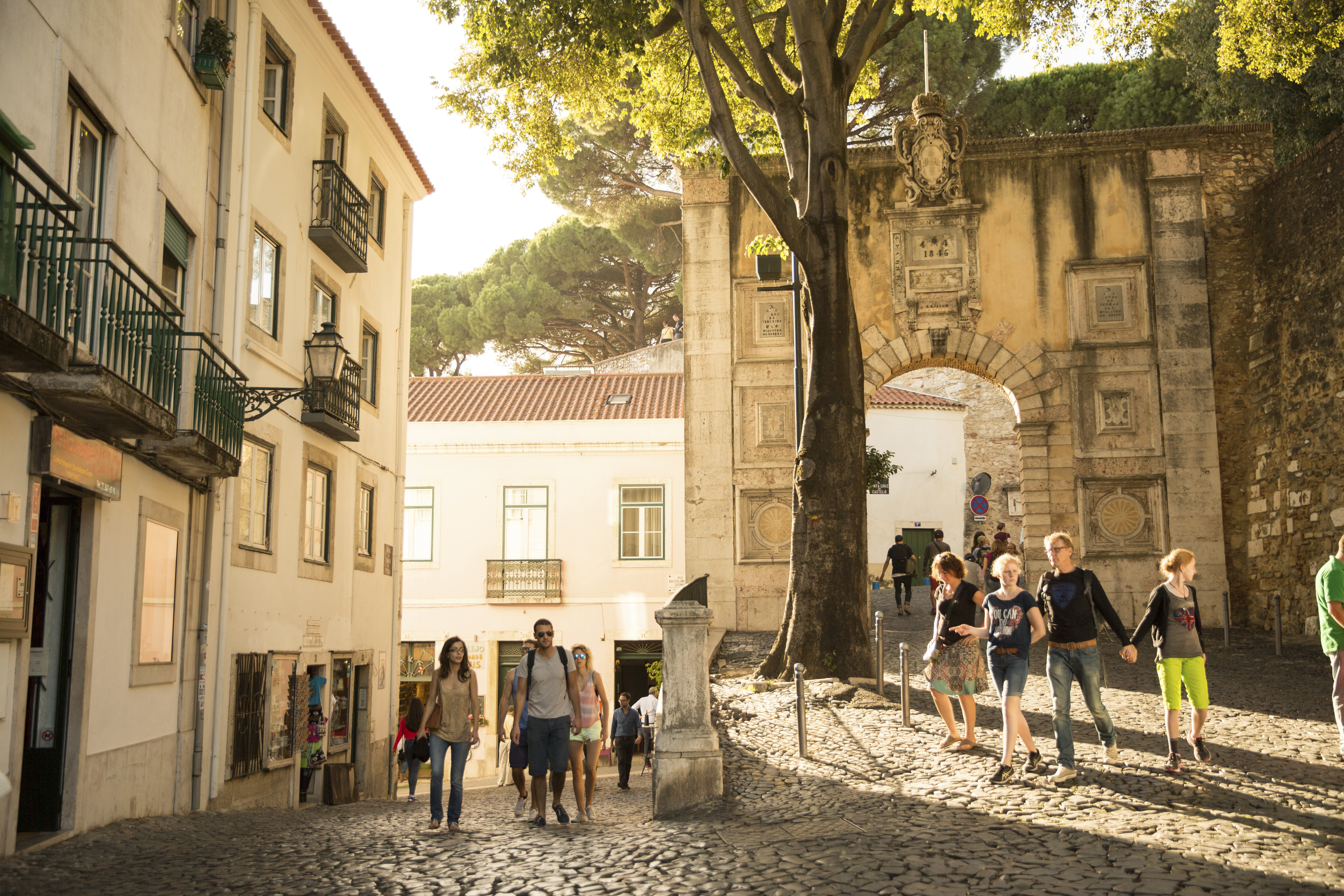
Portugal D7 Passive Income Visa
The Portugal D7 Visa Program has been in effect since 2007 and allows non-EU, non-EEA, and non-Swiss nationals to obtain a residence permit in Portugal, provided they have sufficient and regular passive income. This visa is particularly suited for retirees, investors, and individuals with income from sources such as rent, interest, or dividends.
What is the Portugal D7 Visa?
The D7 Visa is a special type of visa that allows non-EU nationals to obtain residency and work rights in Portugal by demonstrating, through official documentation, that they earn a regular passive income equivalent to at least the Portuguese minimum wage. The required income must not come from employment but rather from financial investments, rental income, pensions, or other sources that do not require active work.
For individuals who do not have passive income but instead rely on an active monthly salary, the Portugal D8 Visa would be the appropriate option.
Who is Eligible for the D7 Visa?
- Anyone with Passive Income: Individuals earning rental income, interest, or any other non-employment-based income.
- Retirees: Those receiving pension income as a form of regular passive earnings.
- Investors: Individuals with income derived from investments such as rent, dividends, or interest.
- Freelancers and Remote Workers: Digital nomads or professionals who earn without a traditional employment contract.
- High Net Worth Individuals: Those who have substantial financial means without reliance on employment income.
Advantages of the D7 Visa
- More affordable and faster process compared to the Portugal Golden Visa.
- Provides free movement within the Schengen Area.
- Grants the right to live and work in Portugal.
- Offers tax benefits and financial advantages.
- Allows access to Portugal's healthcare and education systems.
- Enables eligibility for Portuguese citizenship after five years.
Income Requirements
- Primary Applicant: Minimum annual income of €8,000 (100% of the Portuguese minimum wage)
- Spouse or Dependent Parents: Minimum annual income of €6,000 per person (75% of the minimum wage)
- Dependent Children: Minimum annual income of €4,000 per child (50% of the minimum wage)
To increase the chances of approval, it is recommended to demonstrate passive income at least twice the Portuguese minimum wage. For instance, a family of two should ideally show at least €3,000 per month in passive income.
D7 Visa Application Process
- Preparation of Required Documents
- Submission of the National Visa Application
- Entry into Portugal and Residence Permit Application
- Residence Permit and Citizenship Process
Minimum Stay Requirements in Portugal
To maintain their residence permit, D7 visa holders must meet specific minimum stay requirements:
- During the first two-year residence permit period, the applicant must spend at least 16 months in Portugal.
- During the subsequent three-year renewal period, the applicant must spend at least 28 months in Portugal.
- To qualify for permanent residency, the applicant must spend at least 30 months in Portugal within five years.
Work Authorization under the D7 Visa
Although the D7 Visa is granted based on passive income, successful applicants are also entitled to a work permit in Portugal. This allows them to engage in self-employment activities or establish their own business.
Conclusion
The Portugal D7 Visa presents an excellent opportunity for individuals seeking to relocate to Europe without making significant investments. As an affordable, fast, and highly advantageous program, it is particularly suitable for retirees, investors, and individuals with passive income.
At Sarıoğlu & Avcı, we provide comprehensive legal assistance throughout the entire D7 Visa process, including obtaining a tax identification number, opening a bank account, preparing application documents, and handling SEF submissions to ensure a seamless experience for our clients.